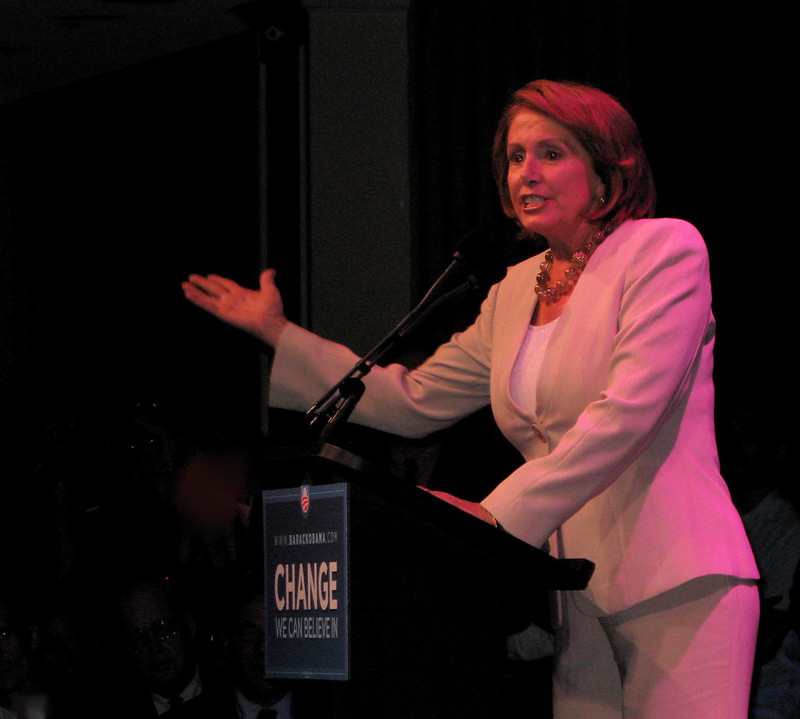Last week, the US House of Representatives passed the Elijah E. Cummings Lower Drug Costs Now Act, sponsored by Speaker Nancy Pelosi. The bill would finally allow Medicare to negotiate drug prices for as many as 250 drugs. It is projected to cut the price of those drugs significantly and save $456 billion over the next ten years.
The bill, H.R.3, is designed to bring down prices for the most commonly used drugs, including insulin. At least 50 drugs would have much lower prices each year, up to 250 drugs in total. Prices for these drugs would be based on their average price in a select group of other wealthy countries and capped at 20 percent above that average price. Government negotiation could reduce prices to as little as half of what they cost today.
Pharmaceutical companies would have a strong incentive to negotiate with the government. The bill penalizes pharmaceutical companies that refuse to negotiate. It taxes them up to 95 percent of the revenues they earn for those drugs.
Although Medicare will negotiate the prices, pharmaceutical companies also must offer the same negotiated prices it charges Medicare to private insurers. In effect, the bill extends Medicare’s leverage to bring down costs beyond people over 65 and people with disabilities.
Shockingly, it does not appear that the bill would help people without health care coverage. It seems as if the pharmaceutical companies could continue to charge people without health insurance exorbitant prices.
Under H.R. 3, pharmaceutical companies could raise drug prices, but they would have to pay rebates to Medicare if their drug prices rise faster than inflation. Pharmaceutical companies insist that H.R.3 will keep them from bringing some new drugs to market. However, the bill allocates an additional $10 billion a year in federal funding to research and development of new drugs, spurring innovation.
The House Democrats included a provision in the bill that would expand Medicare benefits to cover vision, hearing and dental services. The bill also caps out-of-pocket costs for people with Medicare with Part D prescription drug coverage at $2,000 .
The new Medicare benefits and the drug research funding would be paid for from the $456 billion in drug savings. Even with this spending, the Congressional Budget Office projects $500 million a year in savings.
House Democrats unanimously supported the bill. They were joined by Republicans Jaime Hererra Beutler of Washington and Brian Fitzpatrick of Pennsylvania.
Unfortunately, H.R.3 will not become law any time soon. The Republican majority in the US Senate is not prepared to pass this prescription drug bill or to lower drug costs in a meaningful way.
Here’s more from Just Care:











My doctors just discovered a re-boot of my breast cancer. Medications will cure it and I’m on Medicare part D. But part D will probably not cover the necessary medication so I’m looking at $1,700/month. The research for this medication was probably paid for by the government and the very active breast cancer charities. My pension and Social Security cover my basic expenses but there isn’t any excess, much less $1,700/month so I’ll have to go into debt in order to stay alive a few more years. Meanwhile Mitch McConnell and the U.S. Senate are sitting on their thumbs because they refuse to cooperate with the Democratic House of Representatives.